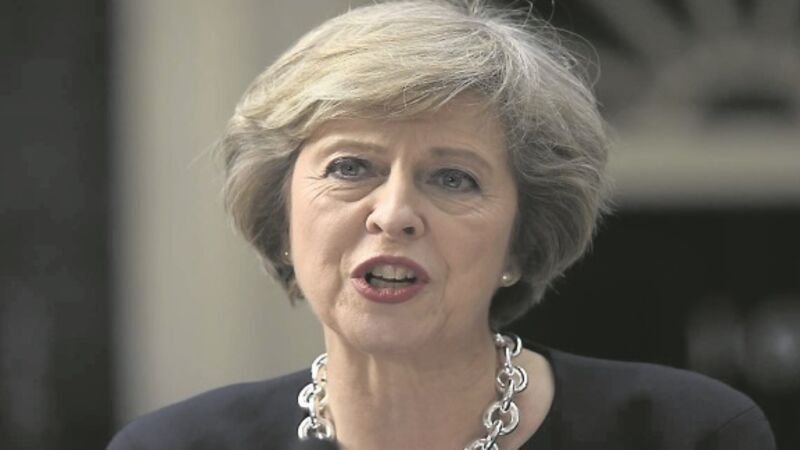Move policy debate to centre stage - Issues ignored in personality wars

Aided and abetted by a virulently biased media, that play-the-man-not-the-ball policy reaped early rewards. However, a weekend poll suggests the British electorate, so grievously puppeteered on Brexit, may have smelt a rat. The Conservatives’ lead over Labour has fallen to single figures. May’s Tories are on 44%, down 5%. Corbyn’s Labour is supported by 35%, up by 4%. May’s march toward absolute power may not be as easy as she anticipated when she cast aside all assurances that she would not call an election. Her change of heart, or power grab if you prefer, came about because polls, those fickle weather vanes, promised her a parliamentary majority that hardly seems healthy in an inclusive democracy. If the gap is any narrower than 44/35 on election day, then Britain faces cultural division on a par with Trump’s America. This would further debase democracy and exacerbate the disenchanted detachment demagogues depend on to secure power.
The personality-rather-than-policy principle is also the defining characteristic of the race between Simon Coveney and Leo Varadkar to succeed Enda Kenny. The face-on-the-poster imperative dominates. The candidates’ policy differences — if there are any of substance — are irrelevant. All arguments are framed as if the prospects either candidate might offer Fine Gael, or the career opportunities they could offer Oireachtas colleagues, are the only issues. If either contender was to suggest anything as challenging, or as relevant, as Declan Costello’s long-forgotten call for social justice, Towards a Just Society, their respective Lynton Crosbys would be apocalyptic. Why introduce principle into a competition that seems more like Ladies Day at Killarney Races than a test of political imagination or intent? Why offer hostages to fortune when charisma is the defining issue?
















